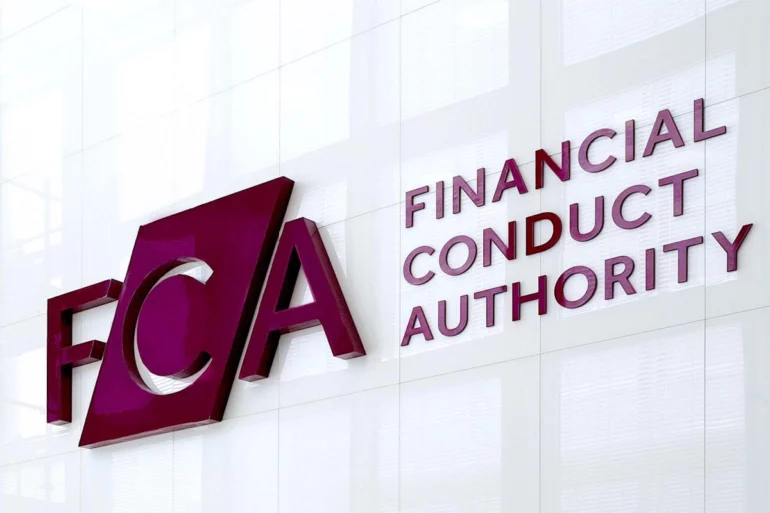79% of over-45s are unaware of the Consumer Duty, and 38% are unaware of the role of the Financial Conduct Authority (FCA), according to research from Air.
With Consumer Duty due to impact how the industry supports customers, Air undertook research to better understand whether its importance was widely understood.
Despite a lack of awareness of Consumer Duty and the FCA, respondents did have a strong awareness of what good customer outcomes looked like, citing a clear explanation of fees and charges (44%), checks and balances to avoid fraud (34%), and ease of contact (27%) as important.
The appropriateness of the fees and charges for the service or product provided (26%) as well as providing literature and information that is clear and not misleading (24%) were also important.
Only 17% of women were aware of the Consumer Duty compared with 26% of men; 70% of men aware of the FCA’s role in the UK compared to only 57% of women.
Beyond a general awareness of the Consumer Duty, only 9% of older consumers in the UK knew the ramifications for UK financial services, while only 3% reported being aware of the specific measures, actions and requirements proposed within the regulation.
Of those consumers who were aware of the Consumer Duty, only 50% were confident that it would have a positive impact on consumers themselves.
A far smaller proportion were confident that the duty would have a negative effect (10%), and 18% felt that the it would have a significantly positive effect.
Optimism broadly increased in line with respondents’ incomes, with 62% of those on an annual income of over £55,000 believing that the duty would have a positive effect, compared with only 47% of those on up to £15,000 per annum.
Paul Glynn, CEO of Air, said: “While it will come as no surprise to many that the regulatory changes that the industry has been working on for the past year have not hit the radar of most consumers, the standards that they expect from financial services companies are clear and will be delivered by this regulation.
“The need for customers to be protected from fraud and scams are something that the later life lending industry is arguably not only doing but is a step ahead with the use of independent legal advice and a real focus on supporting vulnerability.”
He added: “However, the desire for fees and charges to be appropriate and clearly explained goes to the heart of fair value and is something that as an industry, we need to ensure we listen to.
“The remuneration that advisers receive needs to be commensurate to the high-quality service provided and we should not be afraid to question the status quo with the objective of providing good customer outcomes.
“Customer understanding and support are also part of the outcomes that Consumer Duty seeks to deliver, and this research clearly underlines how important customers think these issues are.
“As an industry, this new legislation provides us with the opportunity to review our systems and processes to ensure that following the end of July, we are better positioned than ever before to support the increasing numbers of older borrowers who seek our advice.”



